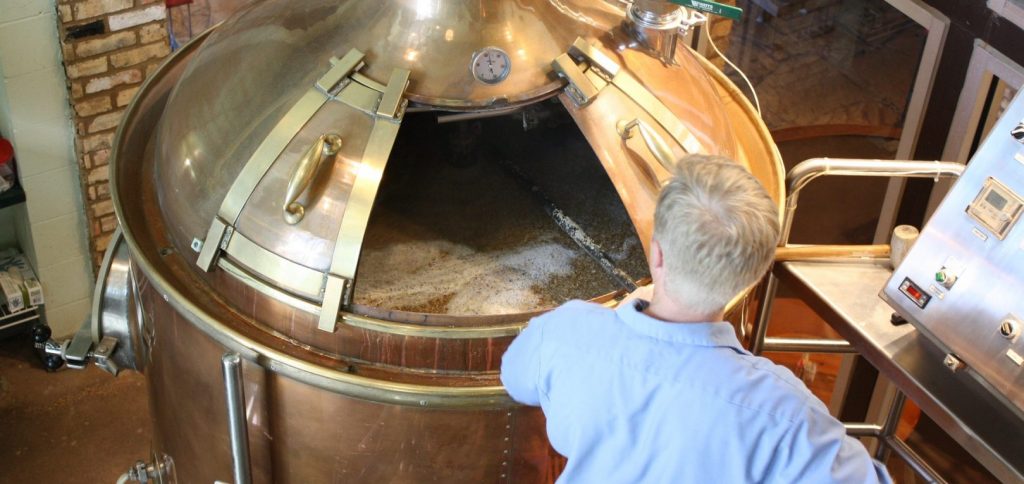Themed week Product Safety: Consumer health is the top priority

Product safety is a key issue for breweries. At the upcoming drinktec, visitors can find out what today’s brewing industry needs to do and which technical innovations will be helpful in meeting those challenges.
Breweries: Customer health and product quality come above everything else
The latest reports on the Fipronil egg scandal show how important product safety is when it comes to food production. The same applies to beer. According to the regulations enshrined in the Beer Purity law, beer should not only have an excellent taste, it should also be crafted for quality, hygiene and good health. Today’s breweries have to ensure that a consistent control process is in place throughout the entire value chain – from accepting raw materials to packaging the final product. The general product safety directive was created to protect consumer health. It aims to make sure consumers are not harmed by a product, either by consuming it, handling it or transporting it in its packaging. One of the most important product safety measures was put in place to prevent microbial contamination, i.e. infection by bacteria or viruses. Breweries have a huge responsibility to make sure their customers don’t get sick from drinking their product. When it comes to cleaning their facilities, they rely on specialized companies such as ECOLAB to keep everything hygienic. At this year’s drinktec, ECOLAB will be talking about how its innovations help achieve this task.
Product safety labels
Product safety isn’t just about hygiene and production – labeling is just as important. In the case of beer and mixed beer drinks, labeling is done in accordance with European and national regulations. Breweries are required to include the correct information about additives, alcohol content and a use-by date on the label. Since 2014, breweries have also had to highlight on their labels any ingredients that could trigger an allergic reaction or that could affect people who suffer from certain food intolerances. The Paul Leibinger Group, for example, developed a flexible labeling system that can be used to print on glass, PET and metal. The company, from the German city of Tuttlingen, is also an exhibitor at this year’s drinktec.
EU directives on product safety
Labels aren’t the only thing covered by EU directives on product safety. Packaging and containers also fall under the directives’ remit. Beer cans are not supposed to have sharp edges, and bottle caps should not be able to hurt anyone. Bottles must also be coated so that the contents do not spill during transport or storage and produce abnormal flavors. Consumer protection legislation also applies to barrels, which must be able to withstand the pressure of concentrated CO2. And there are plenty of options out there: PET disposable kegs from the Belgian company Dolium, stainless steel drums from the Spanish company THIELMANN, and stainless steel kegs from the German company Blefa GmbH – all of which will be on show at the upcoming drinktec.
Through various demonstrations, drinktec will also highlight current technologies that promise significant cost reductions, while ensuring product safety. In addition to that, visitors can learn more about specific measures relating to hygiene, cleaning, labeling and packaging. And around 50 percent of the exhibitors at drinktec will be showing off their state-of-the-art packaging solutions. In the “World of Labels” exhibition area, in Hall A2, manufacturers who focus on labeling technology will also be talking about what they have to offer. For more information, please consult the drinktec supporting program.
